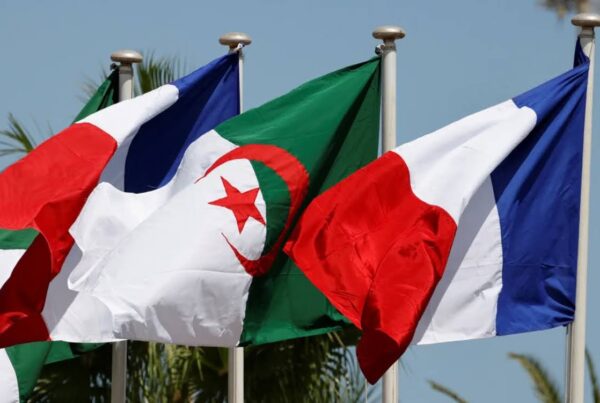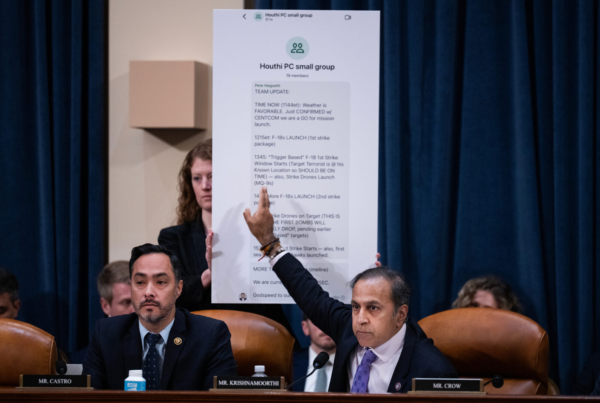by Linn Leon Junge
Oil prices are up 127% in the last year, accompanied by equally high gas prices. In September 2021, the United States Federal Reserve’s Global Energy Index skyrocketed to levels unseen since the summer of 2014, an exponential increase that has only occurred twice since the Index’s inception in 1992. Everything is becoming more expensive from fueling your car to heating your home, and there is no relief in sight. This extraordinary spike in prices is threatening not only the EU’s long-term climate agenda but also the very stability of the Union.
In the bloc’s common market, this energy crisis has raised concerns about how to effectively and coherently respond to the current crisis. Despite a unanimous agreement on the need to act, the issue has proven divisive as different countries put forward diametrical solutions. Poland, Spain, and the Czech Republic want the EU to limit speculation on energy prices, arguing that this is a driving factor in the price surge. Along with Greece and Italy, Spain has suggested jointly buying gas for all member states.
At the other end of the spectrum are the Netherlands and Germany. These countries want to avoid drastic infringements on free-market competition as well as the delicate energy system of the EU.
This struggle reflects multiple underlying EU issues. For one, it is reminiscent of last year’s struggle surrounding the Next Generation EU recovery fund, where southern European countries, in particular, wanted common incurrence of debt. This concept, which eventually became a reality, meant that the debt of all EU member-states became guaranteed by the EU as a whole. The Netherlands, among other countries, equally opposed the agreement.
Moreover, this struggle once again shows how much the EU is at Russia’s mercy for its energy needs. As Russia is Europe’s primary gas supplier, only Putin has the ability to curb the prices by increasing the supply of Russian gas. Over the years, the EU has not found a proper answer to this dependency. It has tried to ensure a steady supply of Russian gas, as evidenced by the Nord Stream 2 pipeline. Yet this has not addressed the simmering tensions between different member-states and their attitudes toward Russia.
Arguably the most critical issue raised by the current crisis is climate change. The EU’s Green Deal program outlines goals and measures for the bloc to be climate neutral by 2050, the first continent to have such a goal. The rising prices provide fodder for critics of the program, which they argue drives prices up exorbitantly and burden the consumer through mechanisms like cap-and-trade.
These critics are represented in the governments of Poland and Hungary. While the former called on the EU to suspend some of its climate-combating measures, the latter’s Prime Minister echoed that sentiment by calling the EU’s policy plans a “utopian fantasy.” These radical stances exacerbate pre-existing tensions between Brussels and Central European governments, especially considering that Poland is already engaged in a separate struggle with the EU about its judicial independence.
The energy crisis brutally demonstrates the ideological tensions within the EU. On one side of the trenches are progressive governments, which encompass the majority of EU governments. Generally speaking, these member-states are pushing for more investment in renewable energies to reduce the reliance on fossil fuels. Observers typically count the EU commission to belong to this camp, as demonstrated by the statement made by Executive Vice-Commissioner Frans Timmermans recently. Timmermans urged the EU to seize this moment to shift towards renewables and stated that he would consider it a “tragedy” if governments were to reinvest into coal at this time.
On the other side of this conflict are the more reactionary voices in EU societies and member states. Many groups and governments had been skeptical of the Green Deal in the first place and are now vocally advocating for the suspension of its measures. The argument, at its core, is that for the less well-off members of society, measures combating climate change are a luxury they cannot afford, meaning that the Green Deal only represents cosmopolitan, elitist interest. The line of reasoning is that the burden of policy made by the out-of-touch elites in Brussels is disproportionately affecting certain communities through price spikes such as the current one.
At stake here is nothing less than the unity of member states and of the EU itself.
Fraught with tension since the 2015 migrant crisis, if not earlier, this moment is crucial for shaping the course of inner-EU relations over the next couple of years.
The current situation is an opportunity for skeptics to voice their concerns over the Green Deal and provides national governments with an easy out for not implementing measures. It is unclear which way the scales are tipping at the moment. However, it is evident that this moment in time will be decisive for decades to come and will determine the path Europe takes on climate change – whether it continues its aggressive and progressive push for strict action or whether it succumbs to short-term pressure.
Other posts that may interest you:
Discover more from The Sundial Press
Subscribe to get the latest posts sent to your email.





